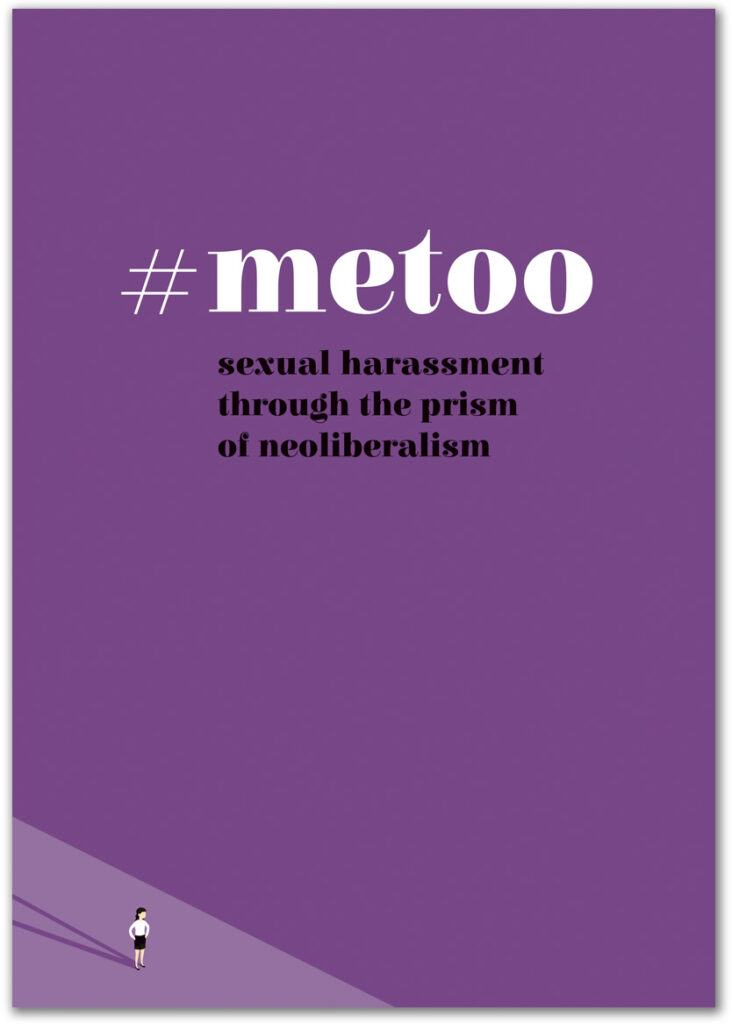In recent years, we have witnessed extraordinary events: with the hashtag #metoo, women have stepped into the public arena, revealing their experiences of systematic misogyny. The Institute of 8th March, supported by transform! europe, collected testimonies of #metoo stories, demonstrating the scope of sexual violence – also – in Slovenia.
The question that will undoubtedly continue to be at the centre of analysis is why these revelations of violent misogynous acts exploded onto the scene precisely now: what factors merged to create one of those rare moments in which patriarchal social structures – usually concealed and normalised, and whose publicising brings disgrace – were suddenly and forcefully revealed. Some argue that these are processes that can be compared to those in the 1960s, when women in the Western world demanded more freedom and personal autonomy, also in the field of sexuality. They achieved reproductive rights, such as generally accessible and free contraception and the right to have power of decision over one’s own body.
#metoo. Sexual Harassment through the Prism of Neoliberalism.
Please find the eBrochure for download on the left/below (mobile version) in ‘Documents’ (English, PDF).
More than individual men in a position of power ever could do, the #metoo movement successfully revealed the very essence of the structure and functioning of patriarchy and all inequities and antagonisms it underlies, enables, and normalises.
No to any patriarchalism: the era of the global neoliberal ‘free market’, which is claimed to be the only path and the authentic nature of the human world, clearly tends to put just such infantile and violent representatives of ‘masculinity’ into positions of executive power.Everyone, regardless of gender, is a victim of this type of modern patriarchate. How many emotionally and sexually developed adults suffer under the tyranny of such a capricious ‘boss’, political leader, or religious leader?
There is no doubt that women in Slovenia have had the full range of experiences that women in the Anglo-Saxon world reacted to by speaking up. The question is how women in Slovenia internalise and normalise violence that they they experience only because they are women. We can safely say that the experience of sexual harrasment is universal, that practically all women have experienced it in some way, regardless of their social status, age, type of employment, political affiliation and belief, and whether they are single or married. When the Society for Nonviolent Communication and SOS-Phone recently publicly invited those who had participated in the consultation on violence against women to raise their #metoo signs if they had ever experienced sexual harassment, most of the participants raised the sign in the packed Kosovel Hall of Cankarjev Dom.
